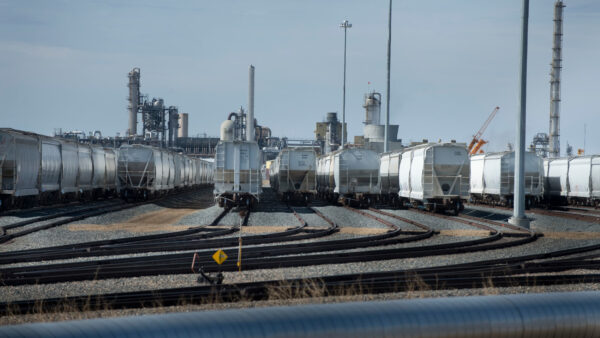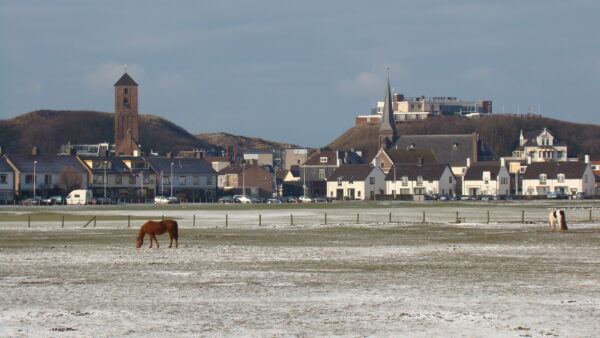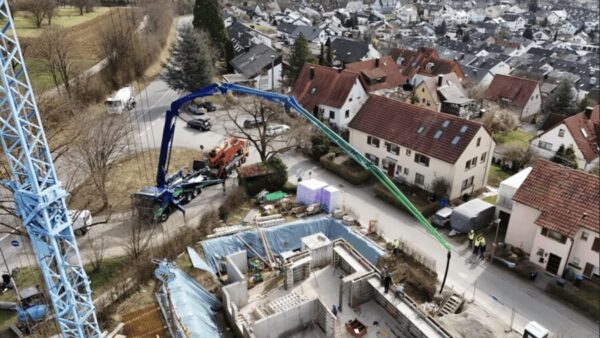Russia is planning to extend the Trans-Siberian Railway from its present terminus at Vladivostok into North and South Korea. The project has great economic and political significance for northern Asia, as well as the two states on the Korean peninsula, which have now been at war with each other for 64 years.Â
The announcement of the extension was made by Alexander Galushka, Russia’s minister for far east development, during a trade meeting between Russia and South Korea in Vladivostok on Thursday. He said: “We’ve agreed to launch trilateral projects between Russia, the Democratic People’s Republic of Korea and the Republic of Korea with a focus on the railroad project. It’s important to extend the Trans-Siberian Railroad to the Korean peninsula. It will service to stabilise and improve the situation on the peninsula as a whole.”
Once the line is connected to the South Korean rail system, it will have the effect of moving the country closer to the European market, as rail freight can cover the distance three times faster than sea freight through the Suez Canal. Russian Railways has already started a direct rail service between Hamburg and Zhengzhou in China, a journey that only takes 15 days via Kazakhstan, Russia, Belarus, and Poland.
Mechel, Russia’s largest steelmaking company, has agreed to supply the steel required for the first phase of the expansion. South Korea’s Hyundai Construction has been identified as a likely commercial partner in the project. The scheme will probably require the replacement or renewal of North Korea’s rail system, which is thought to be in a poor state of repair.Â
Alongside the rail link, Russia is hoping to construct a gas pipeline between Siberia and Seoul.
The greatest significance of the link may be political. Within the peninsula, it will create the first rail connection between north and south since the outbreak of the Korean war in 1950 (apart from a brief experiment between 2008 and 2009), and will require the two governments to collaborate on the project.
The extension will stabilise and improve the situation on the peninsula as a whole– Alexander Galushka, Russian foreign minister
The move also signals Russia’s continuing pivot away from Europe and towards the Asia Pacific region, partly in response to tension in relations with the Nato states over Russia’s policy towards the Ukraine, and partly because of the ever greater economic mass of China. In May, the two countries signed the largest commercial deal in history, when Gazprom agreed to supply natural gas to its southern neighbour for 30 years in return for something like $400bn.Â
More particularly, it is the fruit of its ever-deepening ties with North Korea, a country that has historically been closer to China. North Korea watchers have noted that Russia is now mentioned in the state media more frequently than China, and Galushka has set a target of reaching $1bn in trade by 2020, compared with $113m in 2013.
Russia is to invest in the Kaesong Industrial Park, a special economic zone in North Korea that employs more than 50,000 North Korea workers in South Korea companies, and has agreed to forgive $29bn of North Korea’s debt from the Soviet era, leaving $1bn to be repaid interest free over 40 years. In return, Russia will expand its economic and political influence on the peninsula and gain access to ice-free ports like North Korea’s Rajin.
Comments
Comments are closed.











did this happen? If this line running?